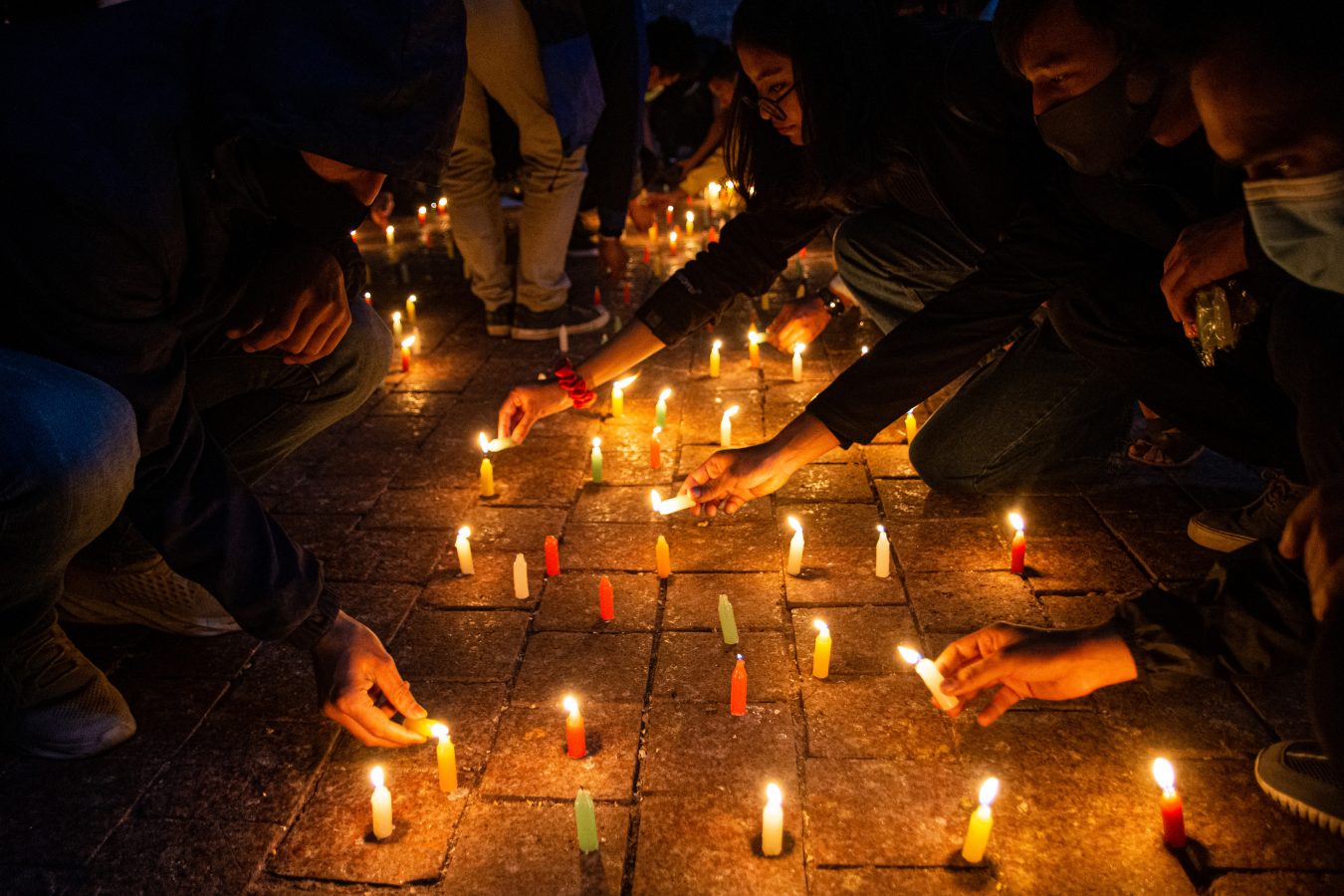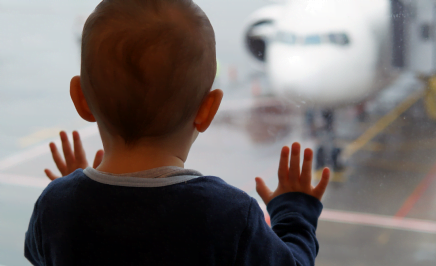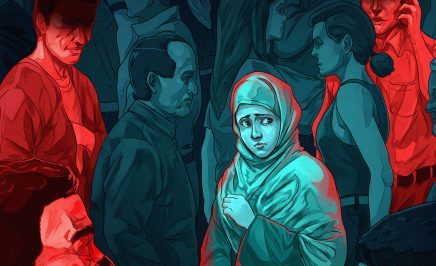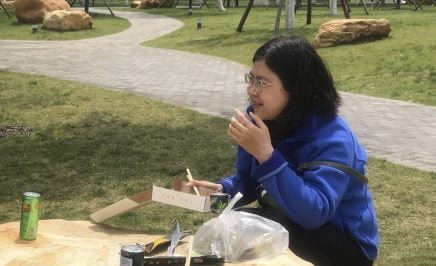- More than half of Australians believe we already have a national Human Rights Act and when told we’re the only Western liberal democracy without one, 76% said they would support its introduction.
- More than a third of Australians are unsure if their right to vote is protected.
- The nation is split as to whether the right to free education for children or access to free or low-cost health care are protected by law or not.
The launch of Amnesty International Australia’s inaugural annual report, the Human Rights Barometer, shows Australians are confused about which rights are protected under law.
The Barometer, which asked 1600 Australians which rights mattered most to them and those around them, found that more than half of those surveyed thought we already had a national Human Rights Act and when told we are the only Western liberal democracy without one, 76% said they would support its introduction.
The findings come as more and more Australians see their rights eroded under Covid-19. Almost 40,000 Australian citizens are still stranded overseas unable to get home, 4,500 of whom are categorised as ‘vulnerable’ due to medical or visa expiry issues. According to media reports, more than 50 Australian citizens have died of Covid-19 while overseas, three of them on the waiting list to return home.
Last week, the Australian Government also made it more difficult for expats living and working overseas to leave Australia after a visit home, forcing them to apply for an exemption justifying their reasons for leaving.
Protecting the most vulnerable in our society combined with providing clarity of what rights are protected and simplifying the existing spaghetti bowl of legislation split between States and Federal law, were the main reasons given for supporting a Human Rights Act.
Tim O’Connor, Campaigns Manager at Amnesty International Australia, said: “Human rights around the world are in jeopardy and Australia is not immune. Since the outbreak of Covid-19, thousands of Australian citizens have been left stranded overseas unable to get home due to restrictions on inbound flights and inadequate quarantine facilities. Some have died waiting. Australians living overseas who made it home to visit loved ones or attend funerals are now being forced to justify why they are leaving again. Australia is one of just a few countries to join North Korea in making its citizens ask permission to leave its borders.
“We’ve seen police overreach at peaceful protests such as BlackLivesMatter last year and snap lockdowns in Melbourne’s Flemington Towers that traumatised residents and breached their human rights following a heavy handed response by police.
“How can Australians challenge these incidents? Currently in Australia, our human rights protections are found in a range of legislation which is complex, decentralised and sometimes only implied. We have numerous overlapping and conflicting laws on religious freedoms, discriminiation and sexual discrimination to the exclusion of others which has clearly created confusion. In Australia the minimum age at which we can lock kids up is decided at a state level not a national level. Our current laws do not go far enough to prevent racism and discrimination.
“These issues are complex; many are embedded in Australia’s history, and they often adversely affect marginalised individuals and communities including, Indigenous people, women, the disabled the LGBTQI+ community and the most vulnerable.
“It’s time for Australia to join every other liberal democracy in the Western world and introduce a Human Rights Act. That way we can simplify the spaghetti bowl of legislation we have today and provide the opportunity for everyday Australians to understand and protect our individual and collective human rights.”




